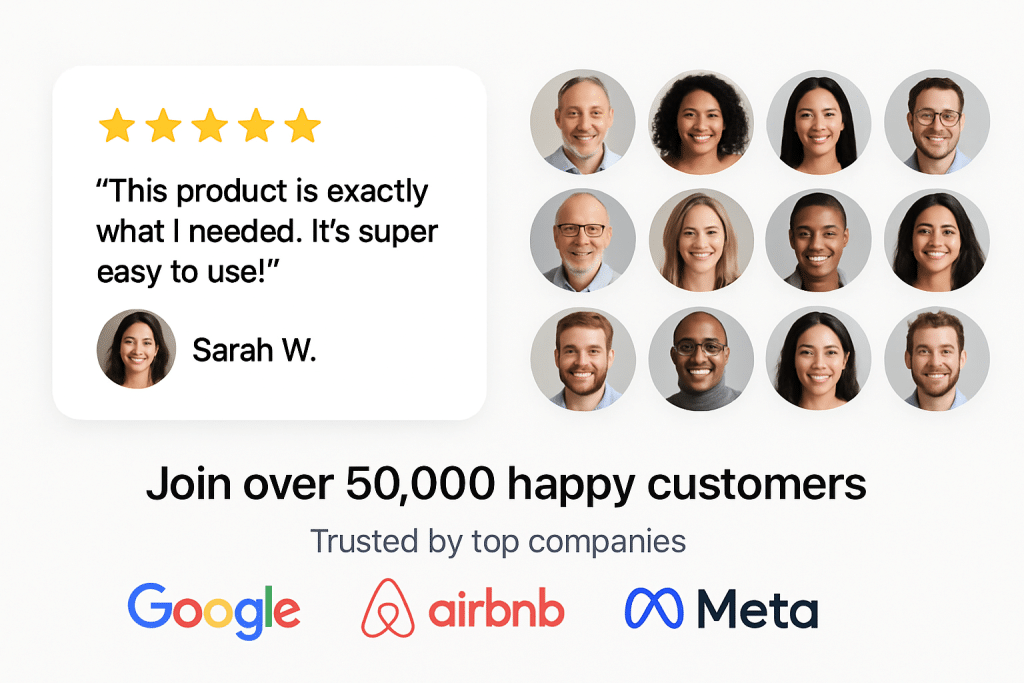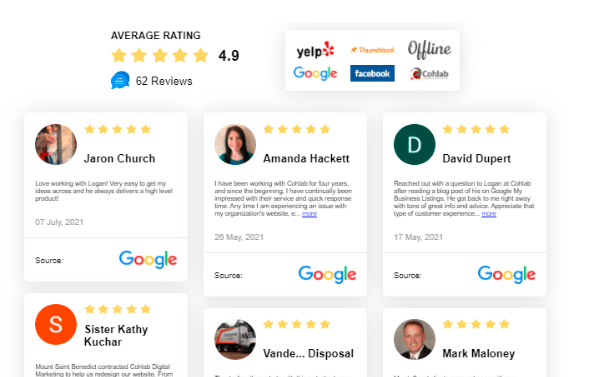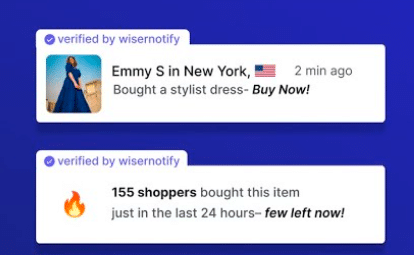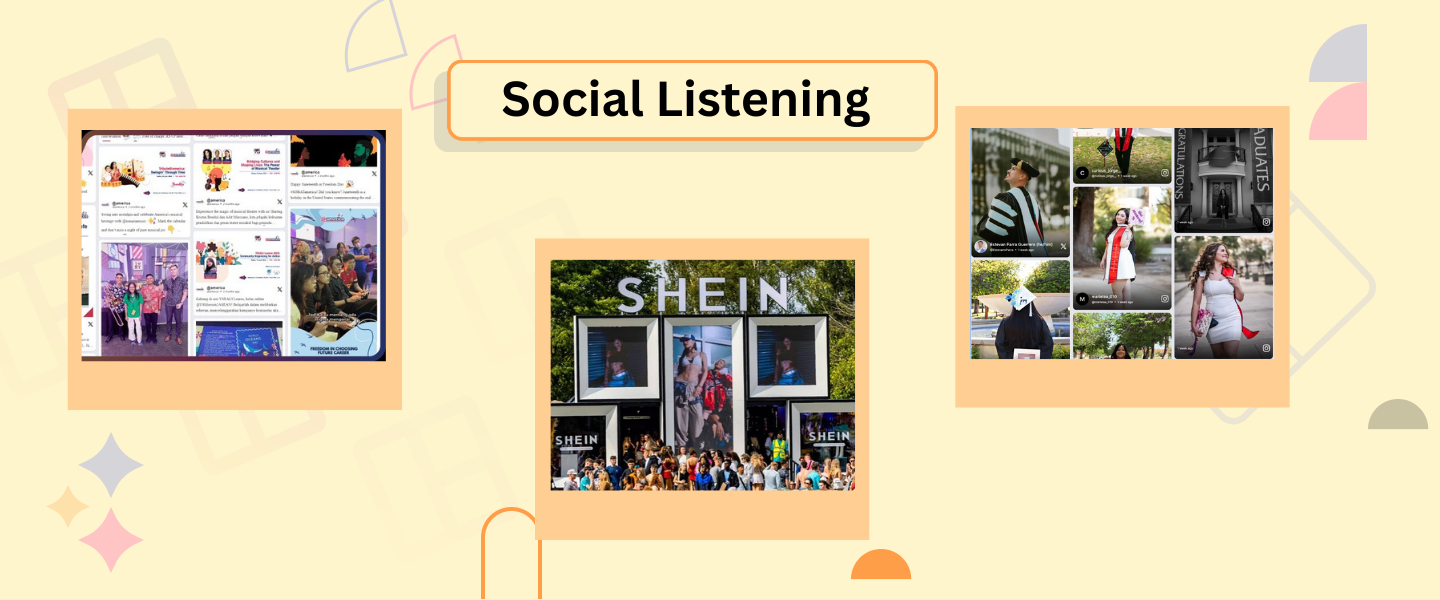Social Proof Explained – Turning Trust into Conversions
Author: Rohan Singh
9 minute read
Imagine a customer wants to purchase a laptop; we all know the options are enormous. Upon visiting various brand websites, the customer remains uncertain about the choice. Later, the customer visits the brand’s website, which displays a product rating of 4.9 out of 5, based on over 11,000 votes. And the purchase was made. What was the deciding factor? Those ratings and people voting. That’s social proof, a psychological nudge where we follow the crowd’s lead, especially when we’re unsure. It’s why we trust Yelp for tacos or buy that TikTok-viral gadget. In marketing, social proof helps turn skeptics into buyers by showcasing what others love and trust. But that is just the tip of the iceberg about social proof. Let’s unpack what social proof is and how it transforms your brand into a trust magnet.
What is Social Proof?
Ever stood in a mall food court, thinking deeply about the choice to make, then picked the spot with the longest line? That’s what social proof is in action: a psychological and social phenomenon where we mimic others’ actions to guide our own, especially when we’re lost in the decision-making jungle. Coined by Robert Cialdini in his book Influence, the social proof is all about humans leaning on the crowd’s wisdom to feel safe.
Think cavemen: If the tribe ran from a saber-tooth tiger, you didn’t stick around to fact-check. Today, it’s less about survival, more about picking the right AirPods or Airbnb.
Examples? They’re everywhere. Google review badges on the website signal “everyone trusts the brand and is happy with the product.” A packed coffee shop feels like a quality guarantee. Expert endorsements, like a dermatologist hyping skincare, add authority, while a friend’s Insta story showing off your product feels like a personal nod.
You can find tools like Social Walls, which take this to the next level by curating live feeds from Instagram or X directly on digital billboards or websites. But fake it, and you’re toast. What does social proof mean for your business? The bottom line is – It’s the difference between a ghosted cart and a loyal customer, blending psychology with strategy to make your brand feel like the popular kid at school.
Importance of Social Proof

In today’s hyper-competitive digital marketplace, social proof is the linchpin that transforms skeptical prospects into loyal customers, leveraging human psychology to drive trust and revenue.. Here’s why social proof is a non-negotiable for your business strategy, straight from a bottom-line perspective.
Builds Trust to Overcome Buyer Skepticism
In a digital landscape where consumers trust peer reviews over brand ads, social proof is your business’s credibility cornerstone. You can imagine the impact of reviews, as 99.9% of consumers say they read them. It’s the social proof influence that convinces hesitant buyers your product or service is legit, as 93% say it influences their purchase decisions. Think of a prospect browsing your e-commerce site, wary of a new brand, they would be skeptical, until they read reviews about it. Many brands are opting for a more innovative way by showcasing reviews on their website, using tools like Social Walls. Social proofs are like a trust signal that turns “is this a scam?” into “I’m sold.” Shoppers value reviews like personal recommendations, making your brand feel authentic and reliable, driving purchases without costly ad spend.
Reduces Decision Friction for Faster Conversions
Social proof psychology is a game-changer for businesses, as it significantly influences buyer decisions. Customers face choice overload, and hence, 70% research before buying. What does social proof mean here? It’s a cognitive shortcut that eases anxiety, signaling “others trust this, so can you.” With customers looking into reviews before making a purchase after seeing endorsements, it is safe to say social proof accelerates your sales funnel. When you showcase them, it helps to trust your business. There are various media to showcase authenticity, such as event walls, websites, billboards, and more. Social proof technique cuts acquisition costs by fostering confidence, directly impacting your conversion rates and event ROI in a crowded market.
Drives Revenue with Authentic Engagement
From a business standpoint, what is a social proof that maximizes revenue? It’s authentic, customer-driven content that resonates with UGC like customer selfies or video testimonials, not staged ads. Reviews can boost sales by 270%, making it an important factor. When you showcase these social proofs on your website, this isn’t just event engagement; it’s a revenue engine that turns passive visitors into active buyers, giving your business a measurable edge.
Empowers Businesses to Compete
The social proof definition in psychology levels the playing field, letting businesses punch above their weight. With ad fatigue high 70% of shoppers research pre-purchase social proof, which bridges trust gaps for startups facing established giants. For instance, a small e-comm brand using a social wall to display fan posts can rival big players, turning “who’s this?” into “take my money.” Why is social proof important? It’s your competitive advantage, building credibility that drives customer loyalty and market share, no matter your size.
Display authentic reviews, ratings, and UGC that convince customers to click “Buy.”
Types of Social Proof
Social proof isn’t a one-trick pony; it’s a whole circus of tactics, each hitting different chords of trust. From raving reviews to celebrity flexes, let’s break down the types of social proof.
Customer Reviews and Testimonials

These are the OGs of social proof, like the wise friend who’s tried it all. Reviews and testimonials are raw, unfiltered takes from users who think Amazon’s star ratings or a heartfelt Yelp story about a diner’s perfect burger. What does social proof mean here? It’s risk reduction, trust reviews like a friend’s advice, and they can spike conversions by 270%. I once bought a skincare line after reading a customer’s detailed review about their glow-up; it felt like gospel. Video testimonials? Even better, as 79% consumers look at video testimonials before purchase.. Social walls amplify this by curating testimonials into a dynamic feed, making your site a trusted party where every review screams, “This works!”
Expert or Celebrity Endorsements
When a pro or celeb backs your brand, it’s like getting a nod from Tony Stark himself, pure credibility. The social proof definition in psychology here is the halo effect: We trust experts’ clout. Think a fitness guru endorsing a protein shake or a tech influencer hyping a gadget on X. Tools like Social walls can embed these endorsements, imagine a live feed of a celeb’s tweet next to customer posts, giving your site that A-list glow without breaking the bank.
User-Generated Content
User generated content is the social proof technique that feels like scrolling your best friend’s feed, authentic, relatable, and oh-so-convincing. It’s customers posting selfies with your product, unboxing videos on TikTok, or X threads raving about your service. This social proof contributes a lot to brand reputation, as it shows that brands are genuine and have a consumer base, which is actual buyers. It also provides a detailed use case for a product, helping potential buyers to learn more about the brand and product.
Real-Time Social Proof

Nothing screams “buy now” like real-time proof of the social proof influence of urgency. Think pop-ups like “Sarah just bought this shirt” or “10 people viewing this deal.” Tools like WiserNotify show live activity, spiking conversions by 15% with FOMO. It creates a “everyone’s here” vibe that pushes buyers over the edge. I’ve fallen for these on e-commerce sites; seeing “5 others added to cart” makes you panic-click “checkout.”
Embed live content, testimonials, and endorsements that convert browsers into buyers
How to Use Social Proof in Marketing
Alright, you’re sold on social proof now. How do you wield it like a marketing Jedi? It’s all about strategy, authenticity, and tools like social walls that make your brand feel alive. Here’s the playbook to turn trust into conversions, with a human touch and some pro moves.
Strategize Placement

Where you put social proof matters, like choosing the perfect spot for your Star Wars poster collection, and sprinkling it across high-impact zones, like an event. You can showcase reviews on testimonial walls that are in front and center, it’s like a digital crowd shouting, “This brand’s legit!” Test placements with heatmaps to see what clicks literally. Another great high-impact zone is your website. Customers would love to visit your site to learn about your brand, and there, they can even read the reviews, which helps cement their trust. Social Walls is one such effective tool that can help to embed reviews in both causes.
Gather Authentic Social Proof
Authenticity is king. Fake reviews are like a bad rom-com; nobody buys it. To gather real social proof, incentivize without bribing: Offer discounts for honest reviews post-purchase. Run hashtag campaigns for reviews or customer photos. I once joined a brand’s contest, posted a pic, and saw it on their website and social media. I felt like a mini-celeb! Respond to reviews, too; it shows you’re human, not a faceless corporation.
Utilize UGC and Testimonials for Authenticity

UGC and testimonials are your authenticity anchors. Repost customer content with permission. Nothing says “we’re real” like a fan’s unfiltered TikTok. Video testimonials? Flaunt them on your social media, flaunting to the world how authentic you are and how happy your customers are. Use them in your newsletter emails to promote your product with authenticity and recommendations. Website, events, and billboards are some of the important ways to showcase reviews and leverage them.
Highlight genuine customer experiences that spark trust and influence buying decisions
Conclusion
Phew, we’ve journeyed through the social proof galaxy, from Cialdini’s principle of social proof to the magic of Social Walls that make your site feel like a sold-out concert. What is social proof? It’s our human instinct to follow the crowd, flipped into a marketing superpower that builds trust and drives sales. In the new age of marketing, authenticity rules: Use social proof techniques like testimonials, UGC, and real-time feeds to make customers feel safe, not sold. Go harness the power of social proof and turn clicks into cash!




